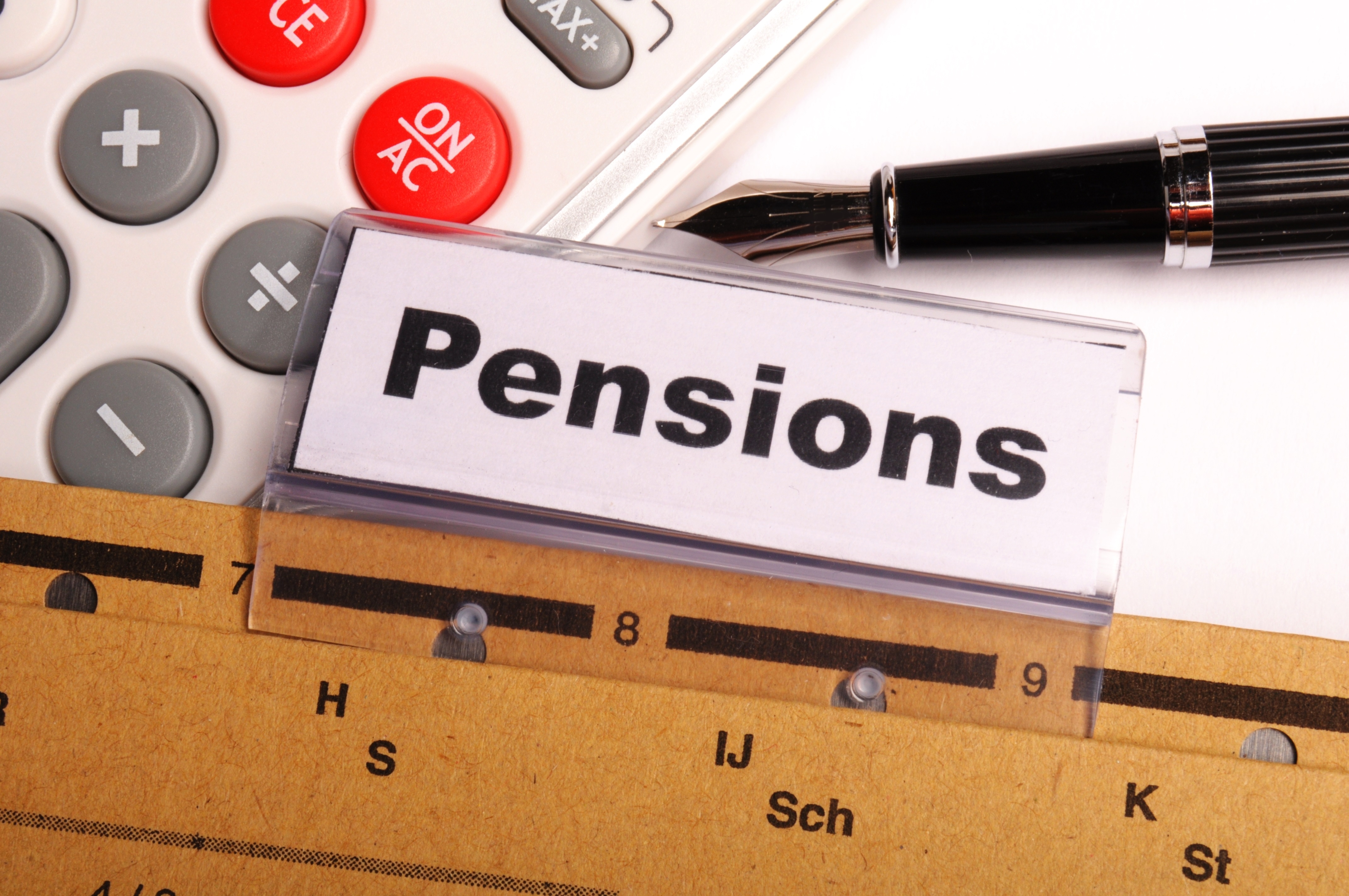News
Call to scrap pension triple lock to aid crisis recovery

The controversial pension triple lock mechanism should be scrapped to ensure the huge economic cost during the post-coronavirus recovery is shared equally between the young and old.
The triple lock guarantees that the basic state pension rises by a minimum of 2.5%, average earnings, or inflation, which is highest.
It has ensured the typical pensioner income has risen in the past decade, despite working-age households suffering almost no wage growth post-financial crisis.
There have been many calls to scrap the controversial triple lock for the sake of intergenerational fairness and to lighten the financial cost of implementing the policy since its introduction in 2010.
But given the coronavirus pandemic and the long-term economic recovery to follow, a think-tank said the triple lock should be abandoned.
The Social Market Foundation (SMF), said huge government deficits are expected after the crisis, forcing ministers to reform and reduce state spending to help repay additional borrowing.
As such, any future austerity programme must not favour pension spending over working-age welfare, as happened after the financial crisis.
Already, the economic impact of the lockdown policy is falling heavily on working-age Brits; many already face redundancy and will be burdened with higher taxes, reduced services and slow economic growth in the years to come.
The old and vulnerable are rightly being shielded but SMF said in order to “retain social cohesion and public support, fiscal policy should demonstrate reciprocity for that support”.
Further, replacing the triple lock with a double lock (removing the 2.5% lever) would save £20bn over five years, the SMF estimated. This is because pensions would rise in line with what are expected to be lower rates of growth in wages and prices. Those savings would help meet the huge costs arising from the lockdown.
Scott Corfe, SMF research director, said: “The crisis has emphasised our obligations to other generations, even in the face of personal sacrifice. This spirit must be maintained when the dust settles – with the economic costs of responding to the crisis shared fairly across the generations.”
‘Pressure to address state pension age’
Ian Browne, pensions expert at Quilter, said there has never been a better time politically to replace the triple lock as government finances come under increasing pressure.
He said: “Whether a ‘double lock’ is the best system to introduce remains to be seen, as the outlook for inflation is uncertain just now and in the long run could just cost exactly the same as the triple lock.
“Arguably the triple lock has worked well in reversing the relative decline in the state pension so that it has made up much of the ground it had lost relative to earnings during the 80s and 90s. Going forward it should be linked with long-term earnings growth, otherwise there is a risk that the unusually swift ratcheting effect it had on the state pension from 2008 onwards could happen again in the exceptional economic times ahead.
“However, if there is no departure from the triple lock it will only place increasing pressure on this government to address the state pension age. Increasing the state pension age to much later in life is the alternative means of reducing the future cost of retirement benefits, but would have greater harm on future generations.”